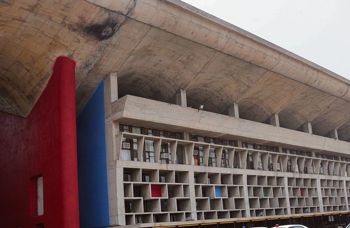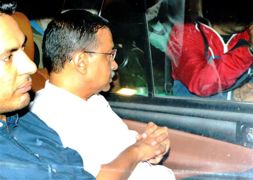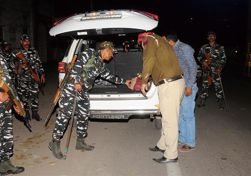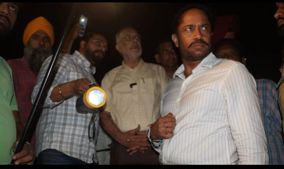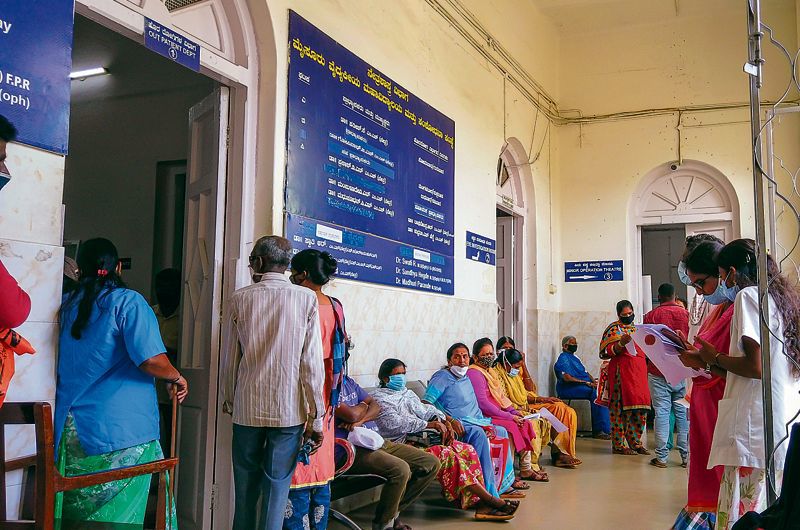
Question mark: A recent editorial in The Lancet has called out the Indian government for the apparent lack of adequate health data. istock
Soham Bhaduri
Health Policy Expert
THE BJP and the Congress have released their manifestos for the Lok Sabha polls. The just-concluded term of the 17th Lok Sabha witnessed what was arguably the worst health cataclysm of the modern era, the Covid-19 pandemic. This, by itself, should have led to greater emphasis on the health sector in the manifestos. Moreover, the term of the 18th Lok Sabha will straddle some of the most crucial years for securing a much-needed headway in achieving sustainable development goals (SDGs). The two manifestos are disappointing due to their lack of a strong and coherent focus on health. Also, they reek of acquiescence, nonchalance and even plain complacency.
A standout feature of the Congress’ 2019 manifesto was its emphasis on a rights-based approach to health and strengthening public healthcare provisioning rather than taking the health insurance route.
The party’s 2024 manifesto, however, adds weight to the already prevalent impression that as far as public provisioning of care is concerned, that ship has sailed. Despite Rajasthan’s spirited attempt to promulgate the Right to Health, the 2024 manifesto is silent on the prospect of a Central legislation on similar lines. Instead, a half-hearted policy commitment to free and universal healthcare in the public sector has been enunciated. Increasing the budgetary allocation for health to 4 per cent over the next four years, up from around 2 per cent, is uninspiring.
This would amount to less than half of what countries like China and Brazil currently earmark for health, and less than what some highly impoverished African countries and our neighbour Nepal do. But the biggest letdown is the silent concession to the insurance route of healthcare expansion, which the ruling party has persistently espoused ever since assuming office in 2014.
The Congress manifesto proposes to pattern its universal healthcare model after Rajasthan’s Chiranjeevi Yojana, which provides a health insurance cover of
Rs 25 lakh per year for every eligible family. However, there is little evidence of the scheme having significantly contributed to financial protection from healthcare expenses or altered provider choices among beneficiaries.
As for the BJP manifesto, it reads more like a self-congratulatory document that aspires to forge ahead on the path it has already followed in the health sector, with little novelty on offer. It is worth noting that the past few years have seen some promising signs for the public healthcare sector. The government’s share in healthcare provision has risen, and the proportion of out-of-pocket spending on health has fallen. At a time when efforts towards health-related SDGs should proceed at full pelt, the lack of substantive and concretely pronounced health sector promises and targets in the BJP manifesto is dismaying. This is particularly surprising when it comes to the Ayushman Bharat Yojana, the government’s flagship public health insurance scheme.
The only expansionary promises made under the scheme are for senior citizens and eligible transgender individuals. In recent years, the government has time and again announced plans to expand coverage under the scheme beyond the poor population to the ‘missing middle’. No such commitments appear in the 2024 manifesto.
The fact that some highly aspirational promises have been made in the economic sector suggests that health could again take a back seat after a brief era of apparent promise.
Interestingly, a recent editorial in The Lancet has called out the government for the apparent lack of adequate health data and being “afraid of showing the real state of health”.
What undergirds the contemporary political consensus on public health insurance? Certainly not robust data. Beyond a few congratulatory policy reports and secondary analyses, no concrete evidence on the effectiveness of public health insurance schemes exists.
In today’s increasingly complex healthcare landscape, the approach of pure public sector provisioning seems foredoomed.
However, the truth is that political considerations rather than evidence determine policy momentum, which then yields a fertile ground for misdirected political competition. Perhaps the most felicitous example of this can be witnessed today as states and political parties scramble to set the ceiling of public health insurance cover as high as possible, having grown from Rs 30,000 per year for the erstwhile Rashtriya Swasthya Bima Yojana to Rs 25 lakh for Rajasthan’s Chiranjeevi scheme in just over a decade. This is backed by hardly any evidence.
Another fancy surrounds the topic of digital health, which again finds its biggest supporter in the incumbent party. The ‘why’ of digital health in India has not been adequately attended to, and currently, considerations of convenience, efficiency and a burning desire for technological ascendency and competitiveness drive the digital health movement. Very little attention has gone into equity and financial protection.
A realistic assessment of its scope, limitations and caveats is crucial, and the enthusiasm surrounding digitalisation must not be allowed to eclipse the more foundational issues plaguing the health sector. One can only hope that the 18th Lok Sabha ushers in an era of greater political maturity on health.
Join Whatsapp Channel of The Tribune for latest updates.























